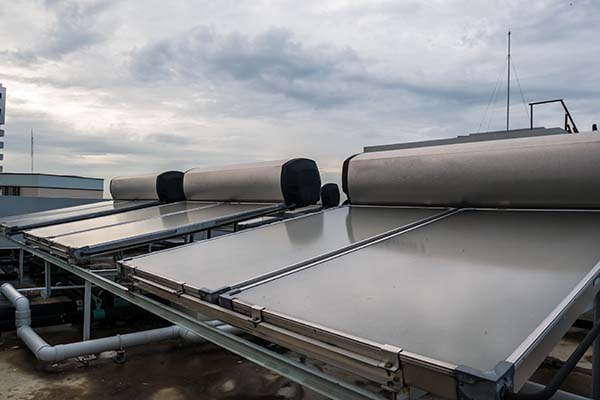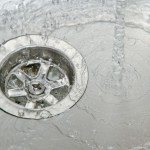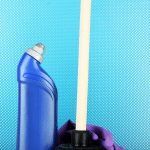Go Green with Solar Hot Water
These days, everyone is looking for ways to save money and the environment by going green, and solar water heating systems are a great way to do so. Whereas solar electric systems use the sun’s energy to generate power for your light and appliances, solar water heating systems use the sun’s energy to deliver you hot showers and baths.
In this article, we’re taking a look at the ways you can go green with solar hot water.

Active vs. Passive
The first decision you need to make if you’re considering a solar water heater is whether to choose an active or passive system. There are two main types of solar water heating systems – active, which uses a pump to circulate the water between the tank and the collectors, and passive, which relies on natural convection to circulate the water. Passive systems are generally less expensive up front, but less efficient in the long run.
How Solar Systems Are Sized
Sizing your solar water heating system involves determining the total collector area (the black part that catches energy from the sun) as well as the storage volume you’ll need to meet 90%–100% of your household’s hot water needs during the summer – in winter, the amount will be less, but you should be producing 50%-70% of hot water through solar annually.
Sizing the Collector Area
Contractors usually follow a guideline of around 6 metres of collector area for each of the first two family members. For each additional person, add 2.4 square metres if you live in a generally sunny area or 3.5-4.5 square metres in areas more prone to grey days.
Determining Storage Volume
A small 110-130 litre storage tank is usually enough for 1-3 people. A medium 300-litre tank works well for 3-4 people. A larger tank of 320 litres or more is needed for 4-6 people.
Maintenance Requirements
Solar water heating systems do require you to invest time and money in ongoing maintenance, such as:
Scaling
Domestic water that is high in mineral content may cause the build up or scaling of mineral deposits in solar heating systems. You can avoid scaling by using water softeners or by circulating a mild acidic solution, such as vinegar, through the collector or domestic hot water loop every 3–5 years, or as necessary, depending on water conditions.
Corrosion
Oxygen entering into an open loop hydronic solar system will cause rust in any iron or steel component. Such systems should have copper, bronze, brass, stainless steel, plastic, or rubber components in the plumbing loop, and plastic or glass-lined storage tanks.
Costs vs. Benefits
Solar water heating systems cost more to purchase and install than conventional electric or gas water heating systems. However, a solar water heater can usually save you money in the long run. On average, if you install a solar water heater, your water heating bills should drop 50%–80%. Also, because the sun is free, you’re protected from future fuel shortages and price hikes. So long as you look after the system properly, a solar water heating system should pay for itself over time.
Get in Touch
The team at G. F. James Plumbing can install your solar water heater quickly and efficiently. Get in touch today on 02 9649 1099 or enquire online.









